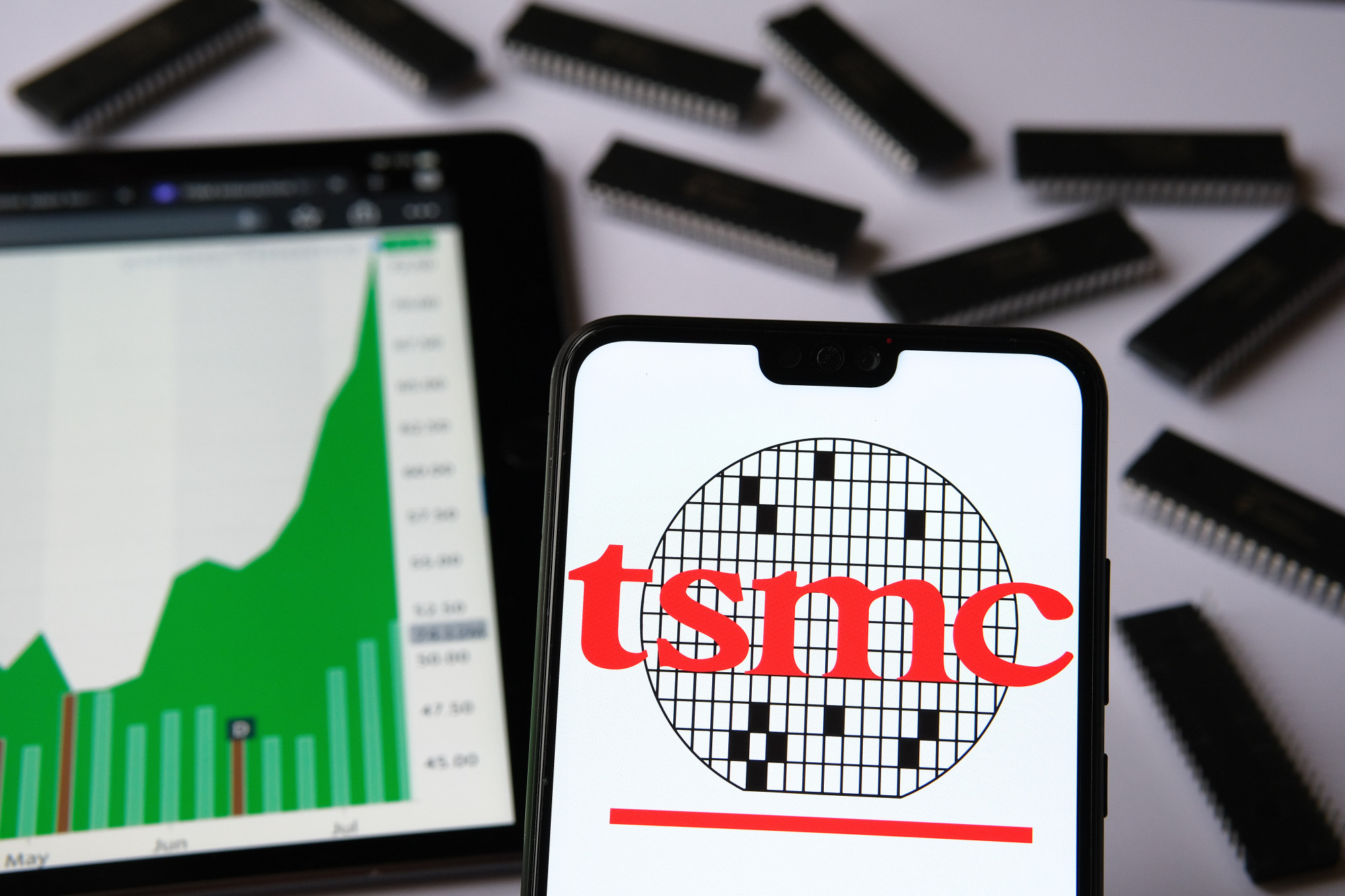
US-China tech war: state media questions Washington’s intent on demanding chip supply data from TSMC, Samsung amid ‘targeted sanction’ concerns
- The US government’s recent request for chip supply data ‘exposes its plot’ to hold back China’s semiconductor development, according to Xinhua
- While no mainland Chinese firms were targeted by the US survey, it set off alarm bells in the country’s semiconductor industry
“The US requested data includes a lot of information about orders from Chinese companies, and the production capacity of Japanese and Korean businesses in China,” Xinhua said. “The plot by the US to get its hands on critical information of China’s semiconductor industry has been exposed. And it can’t be excluded that the US will use the core commerce data … to build a ‘China-excluded’ semiconductor supply chain.”

Despite Xinhua’s accusation, the US government did not cite China as the reason for its chip data survey even though tensions have increased between the two sides over trade issues and competition in advanced technologies.
Neither China’s Ministry of Foreign Affairs nor the Ministry of Commerce has made an official comment about the US request and the companies that have responded to the survey.
China’s Communist Party casts a wide net for ‘technology security’
In a commentary published on Chinese media Guancha.cn on November 9, a day after the US survey’s deadline for submissions, Beijing-based tech analyst Xiang Ligang indicated that the information gathered could help the US “accurately strike” Chinese companies that may order advanced chips from manufacturers overseas.
Despite his earlier warning of potential targeted sanctions, Xiang on Friday said the US will not know the details about the progress of China’s domestic semiconductor companies.
Semiconductor bottlenecks push Chinese chip production lower in October
The additions to the US Commerce Department’s entity list include semiconductor firms, quantum computing companies and Chinese businesses that have contributed to nuclear activities in Pakistan.


